
Josh Leota
@joshleota
Exercise and Sleep Scientist | @MonashUni
ID: 87030317
https://scholar.google.com/citations?user=gfXmoX8AAAAJ&hl=en 02-11-2009 21:15:54
662 Tweet
256 Followers
533 Following


Cool seeing our research gaining interest from folks like Bryan Johnson who are pushing the boundaries of health optimization ! Monash University
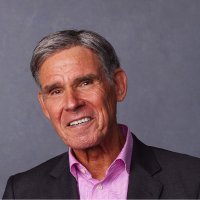


Joe Mazzulla to John Karalis 🇬🇷: “You don’t pick the tests you have. You pick how you respond to them.”
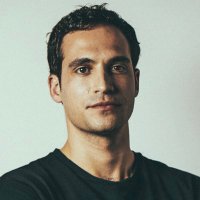
Wow. Just sat through the announcement of the comprehensive report from the Make America Healthy Again Commission The White House. This is the first time the federal government has actually said and documented we have a problem with chronic disease in this country and they want to do

In Science Magazine today, my essay on predicting and preventing Alzheimer's disease (open-access) science.org/doi/10.1126/sc…
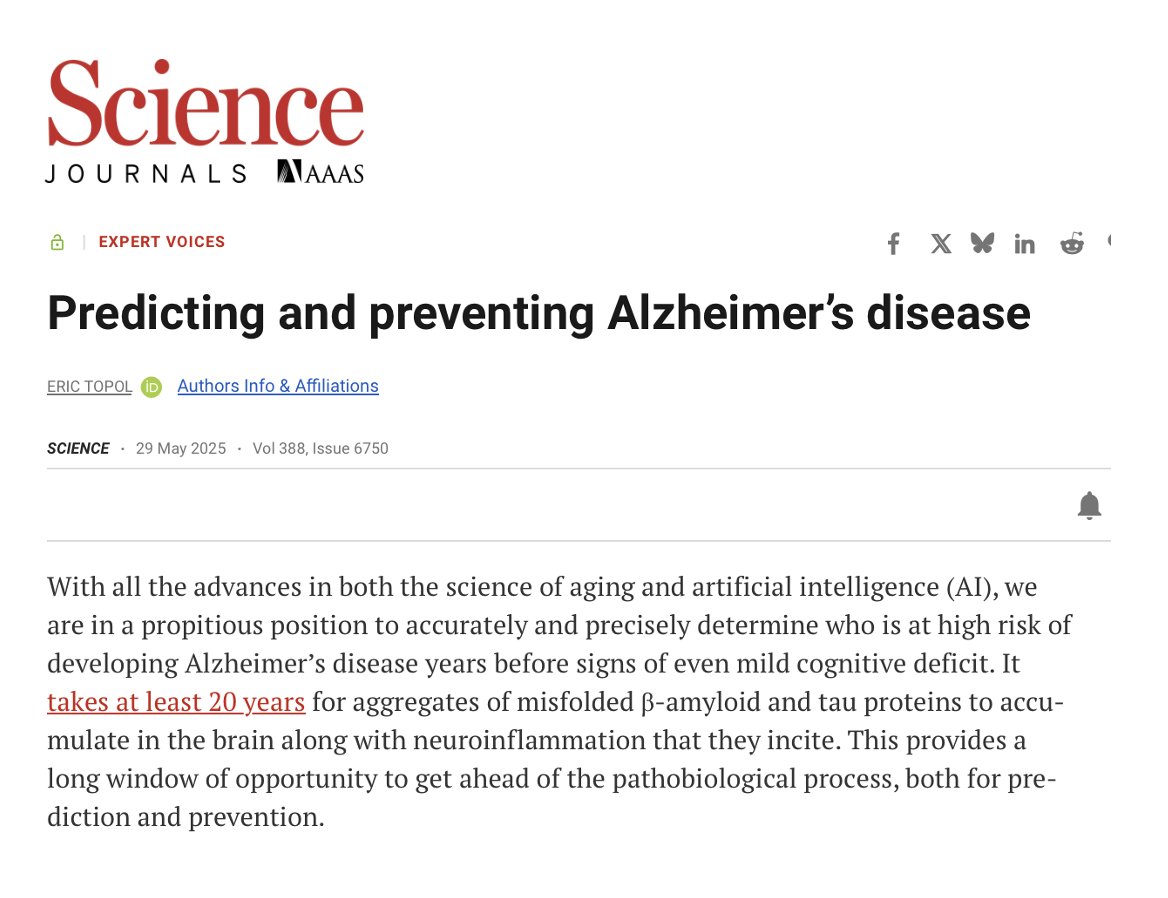




Congratulations to the inimitable Dr Mark É Czeisler, MD, PhD ! 🕰️🫀

Big news: Massachusetts General Hospital ranks #1 in the world for high-impact research contributions among healthcare institutions, according to the 2024 Nature Index! 🌍 Mass General Transplant Mass General Surgery MGH Pathology Mass General Brigham Nephrology Mass General Brigham Research nature.com/nature-index/n…


Going to bed earlier links with increased moderate-to-vigorous physical activity the next day Shown in 2 independent cohorts, ~26,000 participants w/ WHOOP, fitbit sensors AllofUsResearch PNASNews Josh Leota Monash University pnas.org/cgi/doi/10.107…



💤sleep timing/duration→🏃♀️next-day physical activity 1️⃣early🐦 exercised more than night🦉 2️⃣ earlier sleep timing w preserved duration was the strongest daily predictor of exercise kudos Josh Leota for the sophisticated analysis & WHOOP AllofUsResearch for real-world data

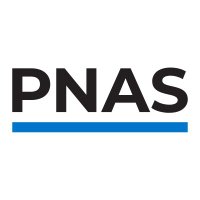

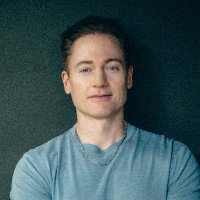

How we sleep is intricately linked with how we move! Thank you, Alvin Powell and the Gazette, for covering our latest led by @JoshLeota with WHOOP AllofUsResearch in the Dr Elise Facer-Childs group Monash University news.harvard.edu/gazette/story/… Brigham and Women's Medicine Residents Harvard Medical School



